|
The reading scores of American children have remained about the same for over 40 years! Each year, the NAEP data shows about 35% of 4th graders are proficient in reading. This is unacceptable. But what can we do??? When we know better, we do better! When we know better, we do better! Research tells us that even though learning to read is harder for some students than others, with evidence-based reading instruction, the majority of our students can become proficient readers by the end of 3rd grade. This research is called the Science of Reading. The Science of Reading is our WHY. It drives our decision-making for policies and to strengthen our instruction and assessments of reading. What is the Science of Reading?“The body of work referred to as the “science of reading” is not an ideology, a philosophy, a political agenda, a one-size-fits-all approach, a program of instruction, nor a specific component of instruction. It is the emerging consensus from many related disciplines, based on literally thousands of studies, supported by hundreds of millions of research dollars, conducted across the world in many languages. These studies have revealed a great deal about how we learn to read, what goes wrong when students don’t learn, and what kind of instruction is most likely to work the best for the most students.” So what has changed in the way we teach reading? Our families are our partners in teaching our students to learn to read. So let's teach them about the Science of Reading! Share this knowledge with your families by grabbing this resource! Happy and Healthy Teaching!
Peace, Rae
2 Comments
11/21/2022 12:47:50 am
Reading and learning are the foundation for comprehension, vocabulary development and literacy skills. When parents explain the science of teaching reading in an understandable manner and give children a chance to be actively involved in this process at home then they can develop their interests in books and reading. Projects and games are simply ways to make that happen.
Reply
Kaye
2/19/2024 11:00:59 am
Thank you
Reply
Leave a Reply. |
CategoriesAll Comprehension CoPlanning CoTeaching Directed Reading DIY Fluency Fountas & Pinnell Graphic Organizers Guided Reading Lesson Planning Multi-Tiered Systems Of Support Phonological Awareness RAN Read And Respond Reading Reading Assessments Reading Comprehension Response To Intervention RTI Science Of Reading Science Of Reading For Special Education Teachers Special Education Special Education Eligibility Special Education Lesson Planning Teaching Strategy Visualizing & Verbalizing Visual Texts Vocabulary Writing Writing In Response To Reading |
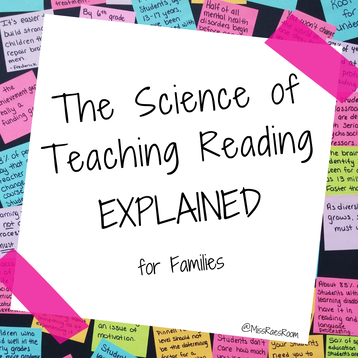
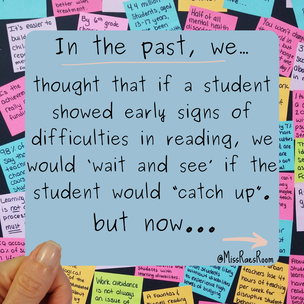
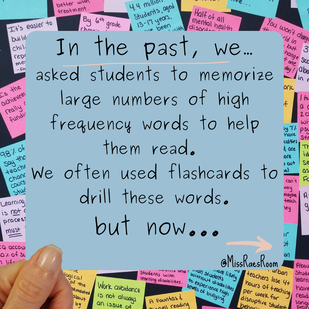
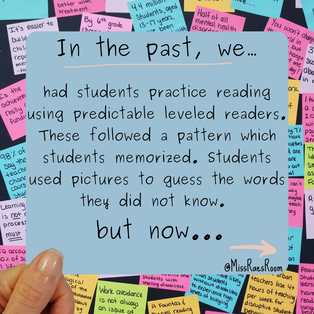
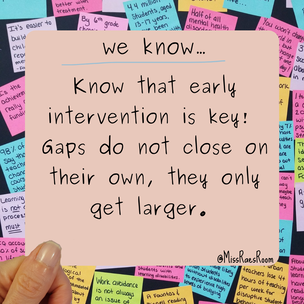
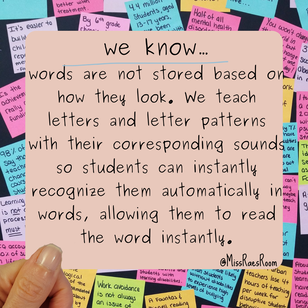
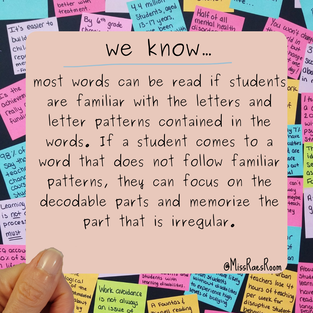
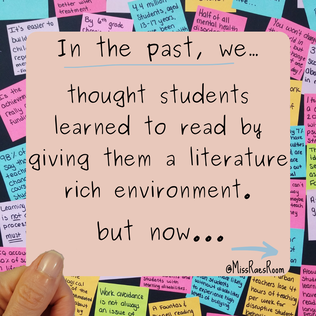
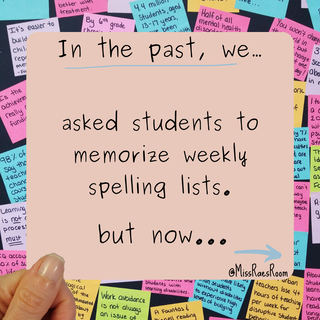
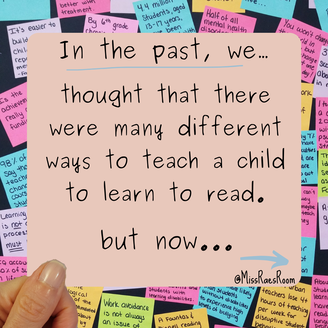
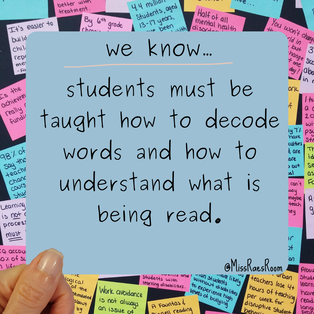
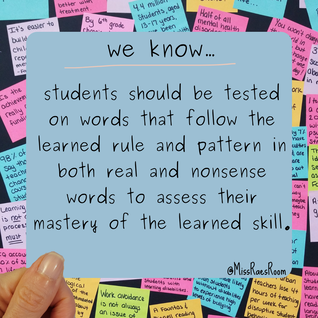
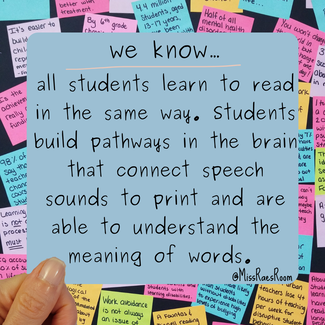
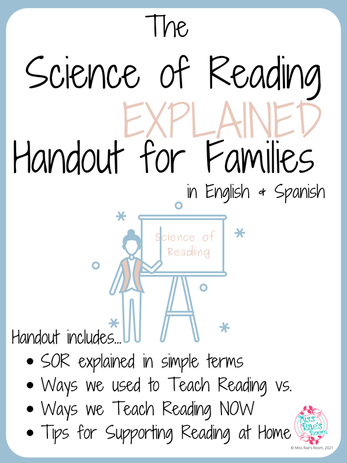
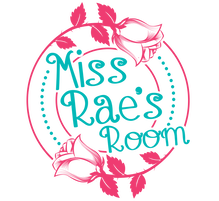
 RSS Feed
RSS Feed